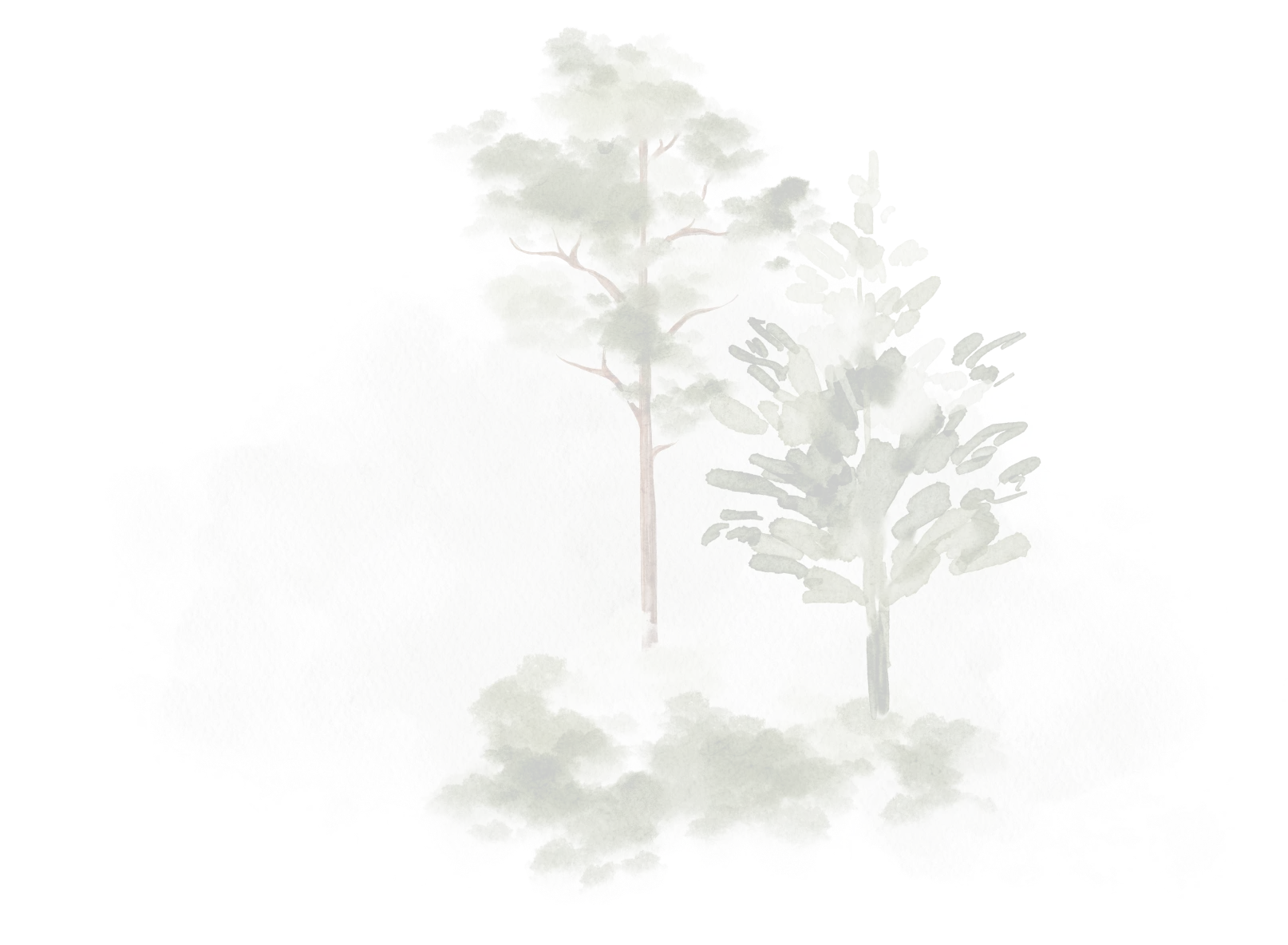PTSD Treatment Center
Serving Riverside County
Inpatient Mental Health Treatment Center in Idyllwild, CA



At Mental Health Residential at the Wood Dragon, nestled in the serene beauty of the San Jacinto Mountains of Idyllwild in Riverside County, California, we provide a sanctuary for healing and recovery from post-traumatic stress disorder (PTSD). PTSD is a complex mental health condition triggered by experiencing or witnessing distressing events leading to symptoms like flashbacks, nightmares, and severe anxiety. It’s a disorder that knows no age limit and can arise from various traumatic incidents such as conflicts, accidents, abuse, or natural disasters. Recurrent symptoms of PTSD can lead to significant distress and disruption in a person’s daily life, impacting their well-being and ability to function.

Understanding PTSD
At Mental Health Residential at the Wood Dragon, our approach to treating trauma and PTSD is rooted in a deep understanding of its complexities. Following a traumatic event, we know that PTSD can manifest through a range of symptoms, significantly impacting an individual’s daily life. These symptoms may occur within the first three months, though in some cases, they may not appear until much later. For a diagnosis of PTSD to be considered, individuals must experience one to two symptoms in each of the following four categories for at least one month:
Re-Experiencing Symptoms
- Experiencing flashbacks where the traumatic event feels like it's happening again, accompanied by physical reactions such as a rapid heartbeat or sweating
- Persistent, troubling memories or dreams related to the trauma
- Thoughts that cause distress
- Physical manifestations of stress
These symptoms can be triggered by thoughts, feelings, words, objects, or situations reminiscent of the traumatic event.
Take Our Free Online PTSD Test
Self-assessment tools are not a substitute for professional diagnosis but can be a helpful way to better understand your mental health. At Mental Health Residential at the Wood Dragon, we believe in empowering our clients with knowledge and support to embark on a journey of self-discovery and healing.
Avoidance Symptoms
- Avoiding places, events, or objects linked to the trauma
- Steering clear of thoughts or feelings associated with the traumatic occurrence
Such avoidance can lead individuals to alter their daily routines, for instance, avoiding driving following a severe car accident.
Arousal & Reactivity Symptoms
- A heightened startle response
- Feeling tense or constantly on alert
- Problems with concentrating
- Trouble with sleeping
- Experiencing irritability and episodes of anger or aggression
- Taking part in risky or destructive activities
Arousal symptoms tend to be persistent, causing stress and anger and affecting various aspects of daily living, including sleep, diet, and focus.


Cognition & Mood Symptoms
- Difficulties in recalling important aspects of the traumatic event
- Pervasive negative thoughts about oneself or the world
- Unwarranted self-blame or blaming others
- Persistent negative emotions, such as fear, anger, guilt, or shame
- Decreased interest in activities once enjoyed
- Feelings of being detached from others
- Challenges in experiencing positive feelings, like joy or contentment
Symptoms affecting cognition and mood may develop or intensify following the traumatic event, leading to a sense of detachment from social supports like friends and family.
How is PTSD Treated?
Treating PTSD effectively requires a multifaceted approach, as the condition can manifest differently in each individual. Research consistently supports several therapeutic interventions for their efficacy in reducing PTSD symptoms and improving quality of life. These treatments have been recognized as the gold standard in PTSD care due to their strong evidence base:
Cognitive processing therapy (CPT) is a form of cognitive-behavioral therapy specifically designed for PTSD. It helps individuals understand and reframe negative beliefs about the trauma. Through CPT, patients learn to challenge and modify these beliefs, gradually shifting their perspectives and reducing the power of traumatic memories.
Prolonged Exposure (PE) therapy involves gradually exposing patients to trauma-related memories, feelings, and situations that they have been avoiding. The aim is to help individuals confront their trauma in a safe and controlled environment, ultimately reducing their fear and anxiety related to these memories.
EMDR is a unique, integrative psychotherapy approach that has been proven effective for trauma treatment. It involves the patient recalling distressing images while receiving one of several types of bilateral sensory input, such as side-to-side eye movements or hand tapping. EMDR helps the brain process and integrate traumatic memories, reducing their emotional impact.
These therapies are backed by rigorous research indicating their effectiveness for many people struggling with PTSD. At Mental Health Residential at the Wood Dragon, our approach to mental health treatment, including PTSD, is deeply rooted in both evidence-based practices and holistic healing philosophies. Providing a personalized treatment experience, we aim to empower individuals to navigate their recovery journey in a way that brings true renewal and transformation.
Interested in learning more about our holistic approach to mental health treatment? Visit our approach to mental health treatment to discover how Mental Health Residential at the Wood Dragon can support you or your loved one in the journey toward healing and resilience.
Helping a Loved One With PTSD
Navigating life with a loved one who has PTSD introduces complex challenges to family dynamics, impacting everything from daily routines to emotional connections. It’s crucial to approach these challenges with empathy, patience, and a commitment to mutual healing. Here’s how you can offer meaningful support:
- Learn About PTSD: Gaining knowledge about PTSD can demystify your loved one’s behaviors and needs, facilitating a supportive home environment.
- Be Present: Offer to accompany them to therapy sessions or doctor visits. Your presence signifies support and solidarity.
- Listen Actively: Show the readiness to listen to their experiences, respecting their need for silence or dialogue as they prefer.
- Engage in Activities: Plan and participate in family or social activities that can help rekindle joy and strengthen bonds while respecting their comfort levels.
- Physical Activities: Engage in gentle physical activities together, such as walking or yoga, promoting both physical health and mental relaxation.
- Encourage Support Networks: Motivate your loved one to stay connected with friends and family, reinforcing their support system beyond the household.
Recognizing the symptoms of withdrawal as a part of PTSD is important. Your loved one may need space, reflecting their need to process their experiences. However, expressing your willingness to be there when they’re ready to reach out can be a comforting gesture. Handling anger or potentially violent behavior with a structured approach, such as a time-out system, can also help manage intense emotions safely and constructively.

Self-Care for Loved Ones
Supporting someone with PTSD is a journey that also demands you look after your own well-being. Self-care is not selfish; it’s necessary. Here are quick tips to maintain your health and perspective:
- Self-Education: Remind yourself that no one has all the answers. Continuous learning about PTSD can ease feelings of helplessness.
- Maintain Your Identity: Keep up with hobbies, interests, and friendships. They are crucial for your well-being.
- Maintain Your Identity: Keep up with hobbies, interests, and friendships. They are crucial for your well-being.
- Seek Support: Don’t isolate. Lean on friends, join support groups, or consider therapy for yourself.
Remember, creating a supportive network and finding balance in your own life are key components in supporting your loved one through their recovery.
If you or a loved one is struggling with symptoms of PTSD, help is available. Contact Mental Health Residential at the Wood Dragon today to learn more about our program and how we can support you on your journey to healing.
The Importance of Seeking Treatment for PTSD
PTSD can have a profound and lasting impact on your life. Symptoms can affect your emotional state, work performance, academic pursuits, and relationships with friends and family. Attempting to suppress painful memories is a common response to traumatic events, but avoidance only intensifies the condition. Research suggests that those with untreated and undiagnosed PTSD often exhibit more severe symptoms and co-occurring conditions, such as depression, anxiety, and substance use, underscoring the need for treatment and intervention.
Although it can be scary, confronting and processing traumatic experiences are vital steps toward recovery. PTSD-specific treatment centers can encourage you to actively recall and work through traumatic events, fostering a sense of control and diminishing the power of your traumatic memories. The residential setting at Mental Health Residential at the Wood Dragon in Idyllwild provides a peaceful, supportive environment for you to step away from the struggles PTSD has introduced into your life and relationships, with the added benefit of medical oversight for any necessary clinical support or medication management.

Our Philosophy:
Inland Empire Mental Health Facility
Mental Health Residential at the Wood Dragon is a beacon of transformation and healing nestled in the heart of California’s majestic San Jacinto Mountains. Serving all of the Inland Empire, our facility is more than a treatment center; it’s a sanctuary for self-cultivation, where the tranquil beauty of nature mirrors the potential for personal growth and renewal within each individual. Mental Health Residential at the Wood Dragon embraces a holistic treatment philosophy that addresses not only the symptoms of distress associated with PTSD but the entirety of the person.
In this spirit, Mental Health Residential at the Wood Dragon offers a comprehensive range of services, including:
- Psychological assessments to develop a personalized treatment plan
- Residential mental health treatment
- Aftercare program, providing ongoing support post-treatment
Our modalities blend traditional and holistic therapies, including medication management, psychotherapy, group sessions, and family involvement, to create a robust support system for our clients. Additionally, Mental Health Residential at the Wood Dragon’s trauma-informed care model ensures that each aspect of our program is sensitive to the unique journey of every individual we serve. Our team, from our therapists to our support staff, is skilled in fostering an environment conducive to growth and healing.
Learn More About Our Trauma-Informed Care Approach to Treatment
Begin Your Path to Healing in Idyllwild
If you or a loved one is struggling with PTSD, Mental Health Residential at the Wood Dragon is here to help. Contact us to learn more about our program and how we can assist you in finding the path to recovery surrounded by the serene beauty of Idyllwild, CA.
For more information about our PTSD treatment programs and to begin your journey toward recovery, please contact us. Our compassionate staff is ready to answer your questions and guide you through the admissions process. Verify your insurance.




